MercoPress. South Atlantic News Agency
Tag: Dilma Rousseff
-
Wednesday, June 26th 2013 - 04:58 UTC
Brazil: understanding with Congress to hold a reforms’ plebiscite on 7 September
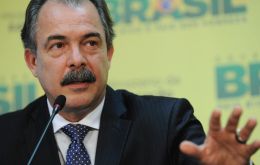
The Brazilian executive apparently has reached an understanding with the presidents of the Senate and the Lower House, Renan Calheiros and Henrique Eduardo Alves for a plebiscite with several questions referred to changes in electoral and party legislation, and eventually the Constitution relative to the political organization of South America’s largest country and powerhouse.
-
Tuesday, June 25th 2013 - 06:05 UTC
Brazilian protests delegates unsatisfied with President Rousseff’ proposals
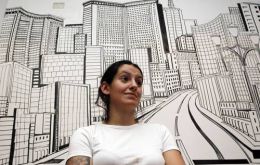
The leaders of the “Free Fares” movement that triggered the worst wave of street protests in two decades rocking the Brazilian government to its foundations said their meeting with President Dilma Rousseff was ‘unsatisfactory’ because there were “no concrete proposals”.
-
Tuesday, June 25th 2013 - 06:01 UTC
Rousseff proposes referendum on sweeping political reforms in response to protests
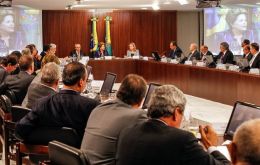
Brazilian President Dilma Rousseff proposed on Monday a popular referendum to implement sweeping political reforms in response to the country's largest public protests in 20 years. Rousseff called for a public vote to eventually amend Brazil's constitution as she tries to seize the momentum in a national debate set off by two weeks of increasingly disruptive demonstrations.
-
Saturday, June 22nd 2013 - 06:03 UTC
Rousseff pledges to meet protestors and their demands, but will also maintain order
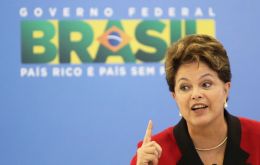
Brazilian President Dilma Rousseff promised on Friday to hold a dialogue with members of a protest movement sweeping the country, but also said she would do whatever is necessary to maintain order.
-
Friday, June 21st 2013 - 06:19 UTC
Rousseff calls emergency cabinet meeting; a million people took to the streets in capital cites
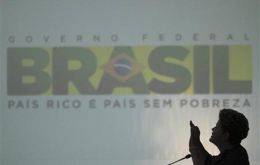
Brazilian president Dilma Rousseff has called for an urgent meeting of her main ministers Friday morning to address the effects of the current demonstrations through out Brazil which on Thursday evening convened over a million people in eighty cities.
-
Friday, June 21st 2013 - 06:16 UTC
Brazilian political system from surprise to shock as there seems no end to protests

Brazil's biggest protests in two decades intensified on Thursday despite government concessions meant to quell the demonstrations, as over 300,000 people took to the streets of Sao Paulo, Rio de Janeiro, Brasilia and tens of thousands more flooded an estimated one hundred cities.
-
Thursday, June 20th 2013 - 02:16 UTC
Sao Paulo and Rio roll back bus fares but protests keep spreading to other cities
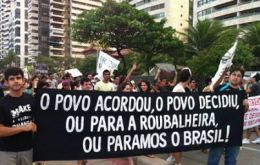
Brazil's two biggest cities agreed to revoke an increase in public transportation fares that set off demonstrations that have grown into nationwide protests against poor public services, inflation, corruption and lavish spending in stadiums to host global events.
-
Wednesday, June 19th 2013 - 06:07 UTC
Rousseff admits protestors grievances, praises democracy and meets Lula da Silva

As the threat of massive protests in Brazil’s major cities continues, President Dilma Rousseff early Tuesday tried to defuse the situation by acknowledging the need for better public services, more responsive governance and at the same time praising Brazilians commitment to a strong democracy.
-
Tuesday, June 18th 2013 - 15:12 UTC
UN human rights commissioner calls on Brazil to react with moderation to social protests
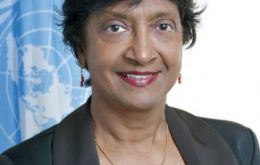
United Nations Human Rights Commissioner Navi Pillay has asked Brazilian authorities to react with moderation to the social protests that have spread through out the country and at the same time has called on demonstrators to avoid using violence to get their message heard.
-
Tuesday, June 18th 2013 - 07:27 UTC
Protests in Brazil against profligate spending and poor services extend to major cities

Demonstrators clashed with police in central Rio do Janeiro on Monday evening as more than 200,000 people turned out to the streets of major Brazilian cities to protest the billions of dollars spent on the Confederations Cup, higher public transport costs, corruption and poor services.
